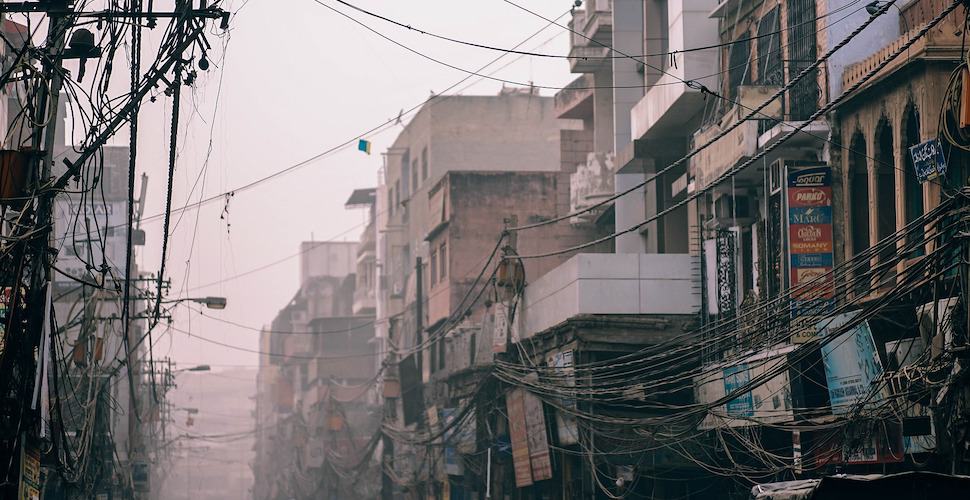Lockdowns enforced to prevent the spread of coronavirus have been increasing modern slavery risks around the globe, and the world’s second-most populous nation is no exception.
India’s population of over one billion has been under national lockdown since March 24 and—with the government having extended it last week—will remain so until May 3.
As with many other countries around the globe, the lockdown is a necessary precaution to prevent the spread of COVID-19, which has thus far infected a confirmed 9,000 people in India and killed 300.
But for India’s hundreds of millions of informal workers at risk of losing their jobs, the lockdown has created a “perfect storm for slavery.”
While the Indian government has pledged billions of dollars to help its poorest citizens through the pandemic, informal workers lack the bank accounts and formal paperwork that may be necessary to receive this aid.
As a result, many have turned to dangerous loans with high interest rates in order to survive, drastically increasing their risk of falling into India’s most common form of modern slavery: debt bondage.
Nearly a third of the 3,200 informal workers interviewed last week by charity Jan Sahas said they had loans to repay; half of those in debt said they feared being subjected to violence as a result of failing to repay a loan.
Thomson Reuters Foundation reports:
When the coronavirus outbreak brought India to a halt last month, Bhagwan Das lost his only income as a construction worker in Delhi and embarked on a three-day trek back to his village.
Then the loan shark came knocking.
Unable to maintain repayments on the 60,000 rupee ($787) loan he took out in 2017 for his daughter’s wedding, Das had no choice but to offer his son’s labour to service the rising debt.
“My son works on the money lender’s farmland now. He gives him food, but no wages,” the 55-year-old told the Thomson Reuters Foundation by phone from central Madhya Pradesh state.
“We have to repay a loan and will do whatever work he gives us,” added Das, who has yet to even clear the loan’s interest.
There are officially at least 135,000 bonded workers in India, but anti-slavery organization Walk Free estimates the real number is closer to eight million.
India’s government has made progress on the issue in recent decades, and has committed to pulling more than 10 million workers out of debt bondage by 2030.
But the coronavirus pandemic threatens to set these efforts back significantly, with the non-profit Centre for Migration and Inclusive Development labelling the potential fallout a “catastrophe.”
Read more about COVID-19’s impact on modern slavery in the United Kingdom, Bangladesh, Libya, and the United States.
It’s still possible to take action against modern slavery while we are confined to our homes during the pandemic. Find out how.








Freedom United is interested in hearing from our community and welcomes relevant, informed comments, advice, and insights that advance the conversation around our campaigns and advocacy. We value inclusivity and respect within our community. To be approved, your comments should be civil.